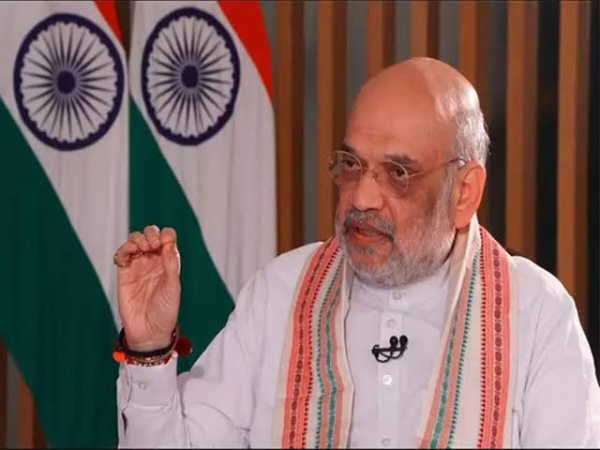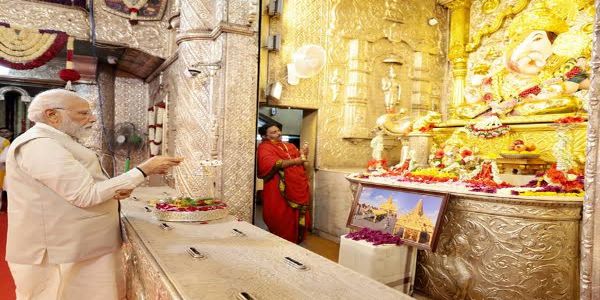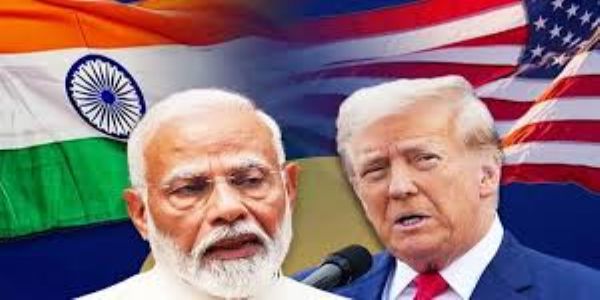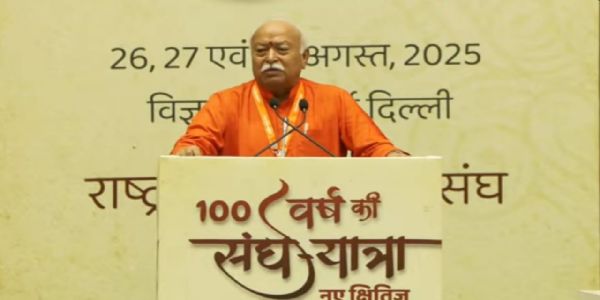
New Delhi, August 25 (HS): Union Home Minister and Cooperation Minister Amit Shah, in a forthright interview on Monday, asserted that the 130th Constitutional Amendment Bill, 2025 seeks to uphold democratic morality by ensuring that no Prime Minister, Chief Minister or Minister can continue in office while lodged in jail on serious charges.
The Bill proposes that if a Prime Minister, Chief Minister, Union or State Minister is arrested in a case involving charges carrying punishment of more than five years and fails to secure bail within 30 days, they will automatically lose their position. Shah underlined that this provision, far from being partisan, applies equally to all—including the Prime Minister himself.
“It is an insult to democracy that governments are run from jail. Should chief secretaries and DGPs go to prison to take instructions? This does not suit our constitutional ethos,” Shah said, in a sharp criticism of instances where jailed leaders have refused to resign.
Bill within constitutional framework, says Shah
Shah emphasised that debate and dissent over any bill are welcome, but obstruction of parliamentary functioning is not. He clarified that the proposed amendment will first be referred to a Joint Parliamentary Committee (JPC), where all parties can present their views. “A two-thirds majority is required for its passage; the opposition can vote against it. But preventing its introduction in Parliament is undemocratic, and people are taking note,” he said.
The Home Minister dismissed claims of vendetta politics, noting that the bill incorporates checks and balances. He stressed that courts retain the authority to grant bail quickly in frivolous cases. “If bail is granted within 30 days, no action follows. If not, resignation is mandatory. The law draws on existing provisions of the Representation of People Act, where conviction for two years or more disqualifies representatives,” Shah explained.
Historical context and moral dimension
Comparing the amendment to past precedents, Shah recalled that the 39th Constitutional Amendment of 1975 excluded the Prime Minister from legal scrutiny. In contrast, he highlighted, Prime Minister Narendra Modi has brought even his own office under the law’s ambit.
“This is a matter of moral values. When the Constitution was framed, its drafters could not have imagined leaders running governments from prison. We should not let our standards collapse. This law strengthens democracy by making morality its foundation,” Shah asserted.
He also drew from his personal experience, reminding that when he was summoned by the CBI, he resigned immediately and refrained from holding any post until he was formally acquitted. “Moral standards are not linked to electoral victories or defeats; they are like the sun and the moon—absolute and permanent,” Shah remarked.
Opposition under scrutiny
Criticising opposition leaders for boycotting debate, Shah said: “Both Houses are meant for discussion, not disruption. Misleading the public and opposing without reason does not strengthen democracy. The country is watching.”
He added that the amendment enjoys broad support within the ruling coalition, and expressed confidence that “many opposition leaders, too, will support it purely on moral grounds.”
---------------
Hindusthan Samachar / Jun Sarkar








